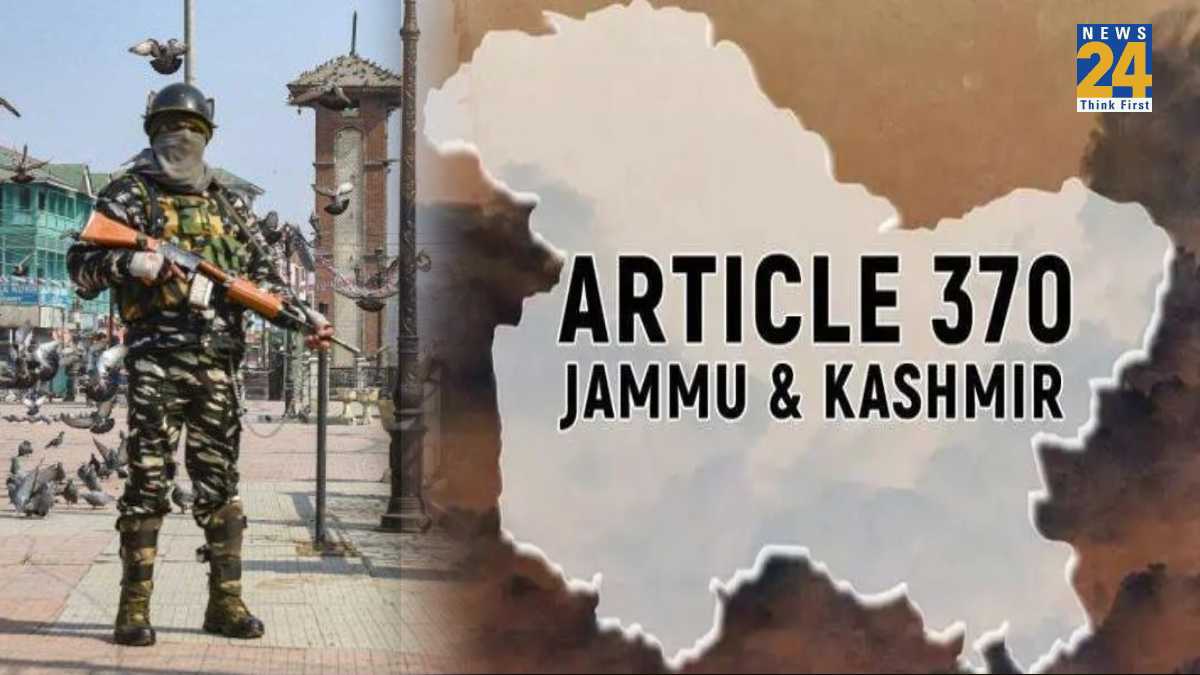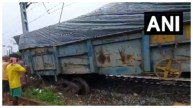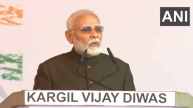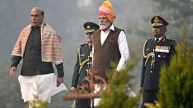Article 370: The Indian government has said that the February 2019 Pulwama attack which claimed 40 CRPF Jawans’ lives prompted the government for the move to revoke the special status of Jammu and Kashmir (J&K) and fully integrate the state into the Indian Union. The move, which took place on August 5, 2019, has been challenged by the National Conference and People’s Democratic Party, who argue that it led to the loss of autonomy and internal sovereignty for the people of Kashmir. However, the government maintains that the decision was necessary to rectify the situation.
Solicitor General Tushar Mehta, representing the government, countered the claims made by these political parties. He emphasised that the residents of J&K had not been able to fully enjoy fundamental rights due to provisions like Article 35(A), which limited certain rights to the region’s permanent residents. Mehta highlighted the discriminatory nature of this provision and got the Constitution Bench, led by Chief Justice of India D Y Chandrachud, to agree with this assessment.
Mehta defended the decision to apply the Indian Constitution to J&K and discard the state’s own Constitution from 1957. He argued that the government’s actions and procedures were aligned with constitutional practices and did not go against the Indian Constitution. He emphasized that the political parties challenging the decision had been misleading the people by projecting the scrapped provisions (Article 370 and Article 35A) as protective of their special position, while in reality, these provisions hindered their fundamental rights.
Special Rights to J&K
The Constitution Bench acknowledged that Article 35A had created exceptions in areas such as employment, property acquisition, and settlement. While Part III of the Indian Constitution was made applicable to J&K, the introduction of Article 35A curtailed certain fundamental rights. The bench agreed that this provision granted special rights to residents of the state while taking away the rights of non-residents.
Furthermore, the bench noted that Article 35A also granted immunity to the state government from judicial review of its decisions related to these discriminatory rights. Mehta contended that post the August 5, 2019 decision, all residents of J&K were bestowed with fundamental rights without discrimination, bringing them on par with residents of other Indian states.
Special Status
The bench also recognised that the decision to revoke the special status had been taken by the Union government, which is a continuing entity. Mehta concurred, explaining that the decision aimed to rectify a past mistake. He emphasised that positive outcomes had emerged from the decision, including increased investments, tourist visits, and new developments in the region.
Mehta also justified the procedure used by the government, likening the reorganization of J&K into two Union Territories to a similar pattern adopted in 1966 for the creation of Haryana and the Union Territory of Chandigarh by dividing Punjab. He clarified that J&K currently functions as a Union Territory with a legislature, with only police powers vested in the Centre, and suggested that it could potentially regain state status in the future.










